Advertisement
The Real Reasons Why Dogs Eat Poop and How to Stop It
Advertisement
Few things are as unsettling to dog owners as watching their pet eat poop. Just like that, the idea of letting them lick your face suddenly becomes a non-starter. Many owners wonder why their dogs engage in this behavior and, most importantly, how to stop it. The reasons behind it are varied, but the good news is there are ways to help them break the habit.
Veterinarians Call it Coprophagia
The act of dogs eating poop is known in the veterinary world as “coprophagia.” Dogs aren’t always picky; some will even eat the feces of other dogs. This behavior can stem from various causes, including health issues or behavioral factors. Understanding why your dog does this is essential to finding the right way to address it and help them stop.
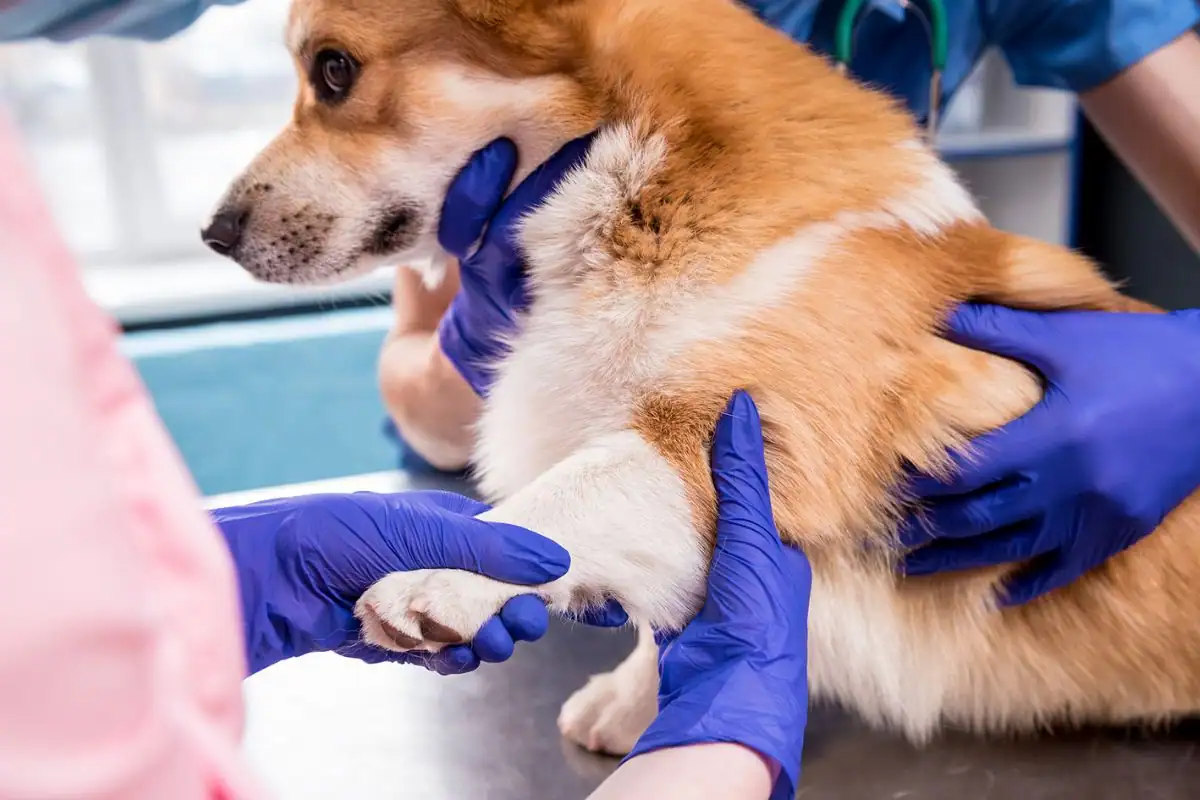
Advertisement
A Common Behavior Among Dogs
Research has shown that nearly a quarter of dogs engage in coprophagia at some point, with more than half of those dogs becoming chronic poop eaters. One theory suggests that this habit comes from their scavenger instincts. Dogs have always been natural foragers, consuming whatever they could find to sustain themselves. This behavior may have helped their ancestors recycle nutrients and stay healthy when food was scarce.
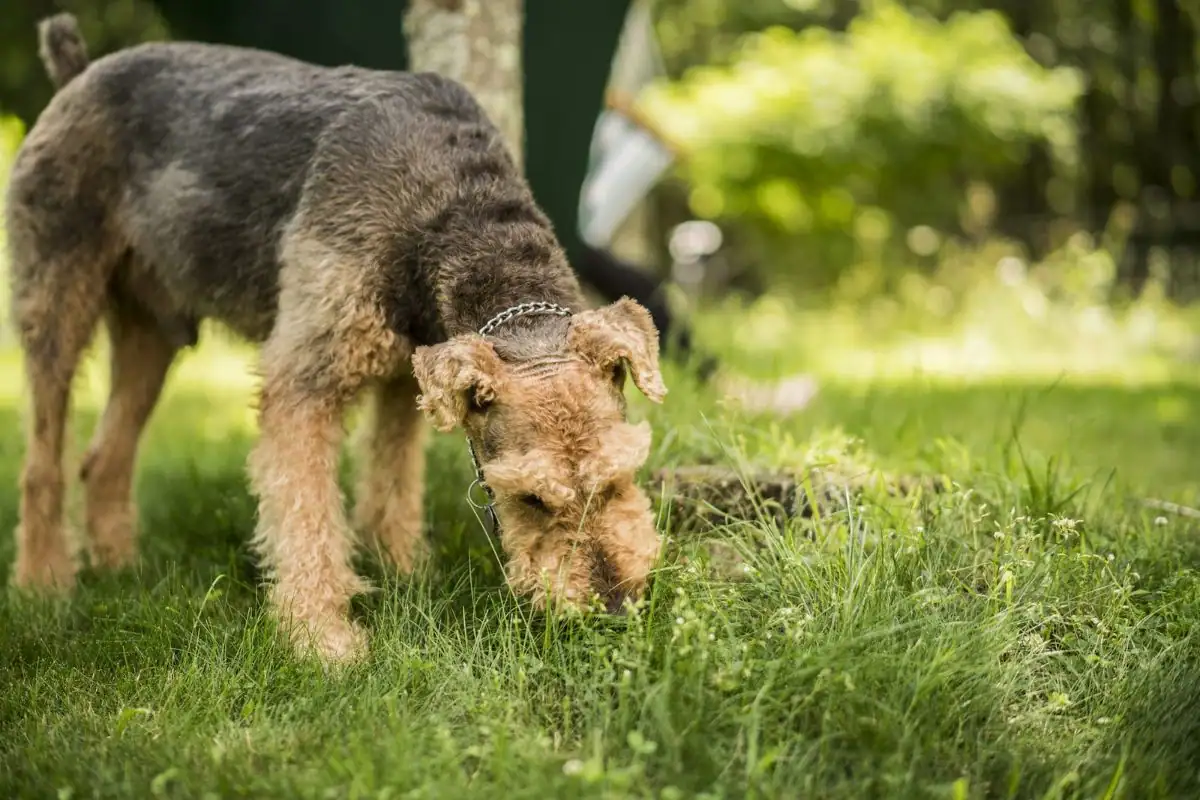
Advertisement
Preferences for Certain Types of Poop
It might sound odd, but dogs often have specific preferences when it comes to eating poop. Many dogs prefer firmer stools over softer ones and are even known to go for poop that’s frozen in cold weather, humorously called “poopsicles” by dog owners. While this might seem strange, it’s just part of their instinctive behaviors.
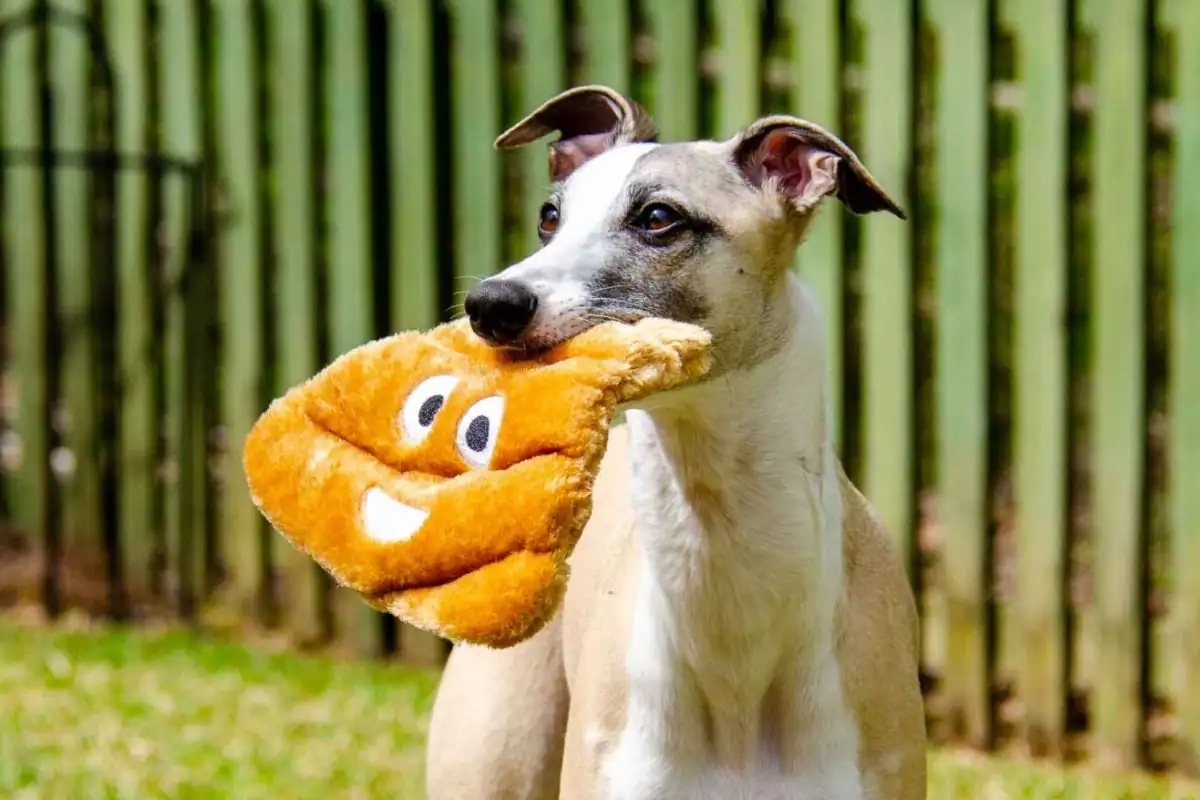
Advertisement
Shame-Based Coprophagia
House training can sometimes lead to unexpected behaviors like poop eating. Dogs that have been shamed during training—such as having their nose rubbed in their mess—may develop a sense of fear or shame. To avoid punishment or disapproval, they may start eating their poop to “clean up” after themselves. This learned behavior can be challenging to reverse, so positive reinforcement is always a better approach during training.
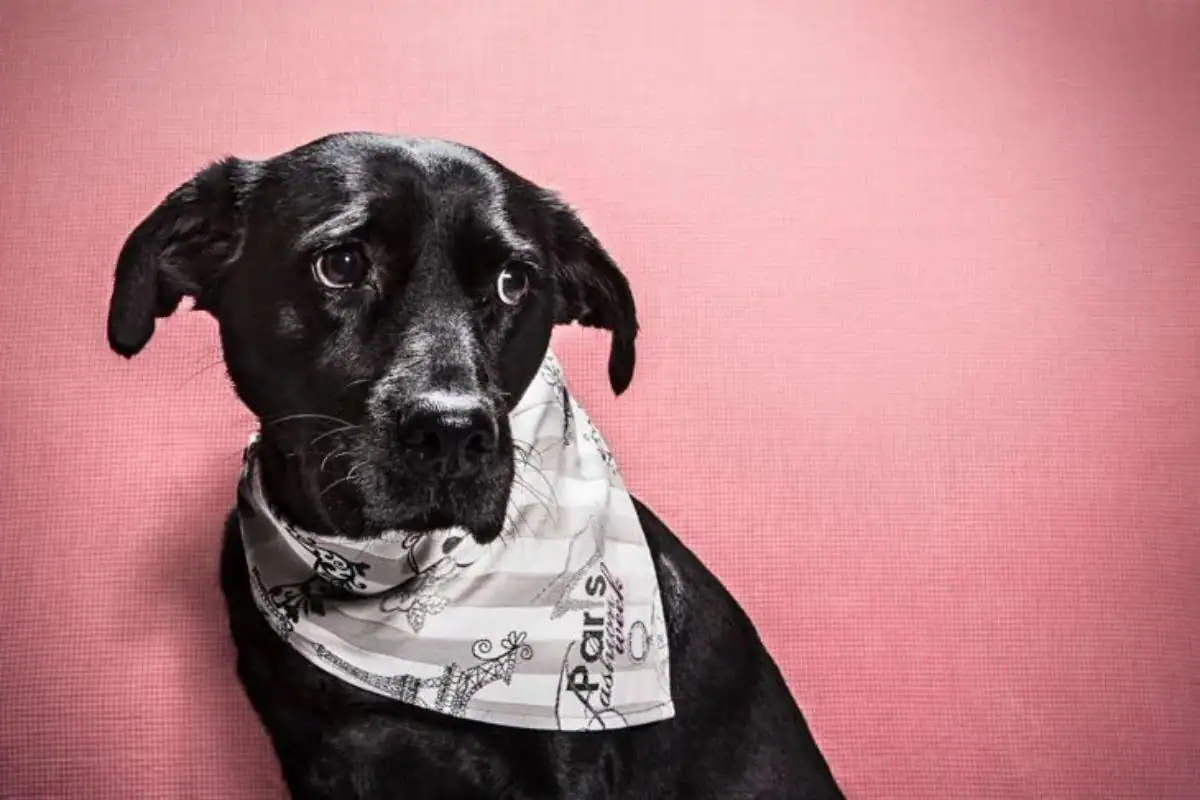
Advertisement
Stress and Environmental Triggers
Stress and the environment can also influence why a dog eats poop. Some factors that contribute include:
- Loneliness: Dogs left alone for extended periods may feel anxious and stressed, leading to unusual behaviors like coprophagia.
- Seeking Attention: Sometimes, dogs will eat poop just to see how their owner reacts. This attention-seeking behavior can be their way of getting a rise out of you.
- Protecting the Pack: Studies have shown that younger dogs sometimes eat the poop of older or sick dogs. Experts believe this could be an instinct to protect the pack by removing any scent that might attract predators.
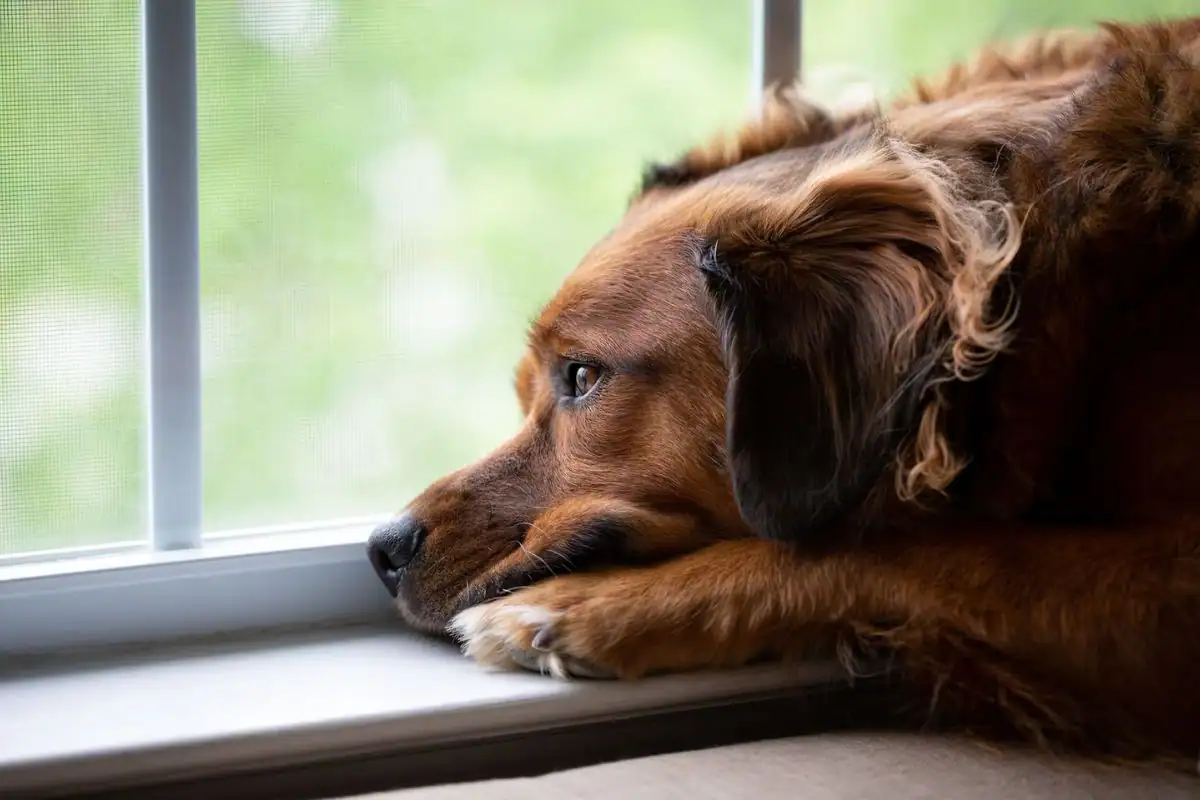
Advertisement
Health Issues Can Be a Factor
Sometimes, coprophagia is related to health problems. Dogs may eat poop as a way to alleviate certain health issues, such as:
- Poor Diet: Dogs lacking in specific nutrients or calories might turn to poop as a supplement.
- Malabsorption Syndrome: This occurs when the dog’s intestinal tract is damaged by illness, chronic disease, or infections, affecting nutrient absorption.
- Medications: The use of certain drugs, such as steroids or excessive antibiotics, can lead to this behavior.
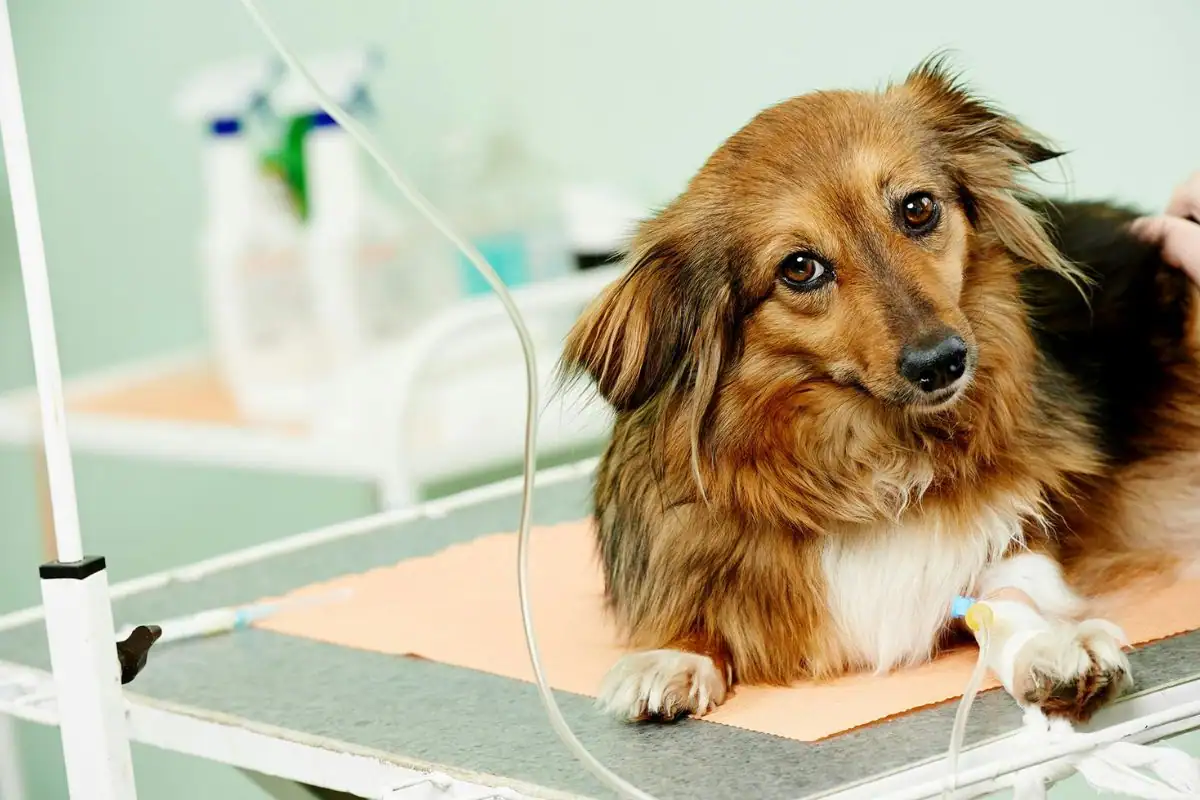
Advertisement
Training Methods to Stop the Behavior
Training is an effective way to curb this habit. One of the simplest solutions is to clean up the yard immediately after your dog goes to the bathroom. By removing the temptation, you help prevent the behavior from continuing. If you have cats, make sure the litter box is out of the dog’s reach. Another effective tactic is to carry treats with you. Once your dog has finished their business, call them over and reward them. This shifts their focus from the poop to something positive.
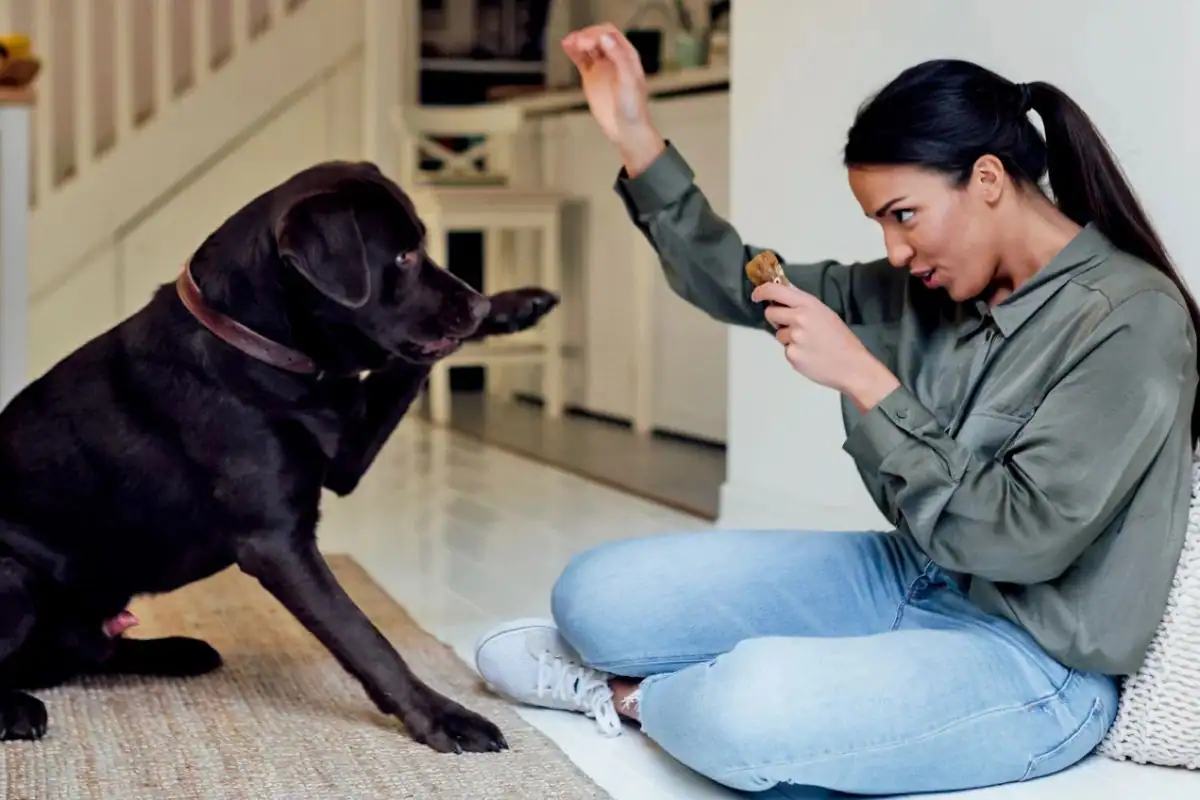
Advertisement
Diet Supplements Can Help
Supplementing your dog’s diet can also help reduce coprophagia. Some dogs eat poop because they’re seeking missing nutrients. Here are a few supplements that could help:
- Vitamin-B: Research shows that dogs deficient in vitamin B are more likely to eat poop. Adding this vitamin to their diet can make a difference.
- Enzyme Supplements: Modern dog food often contains more carbohydrates and fewer meat-based proteins than what dogs historically ate. Enzyme supplements can help balance their diet.
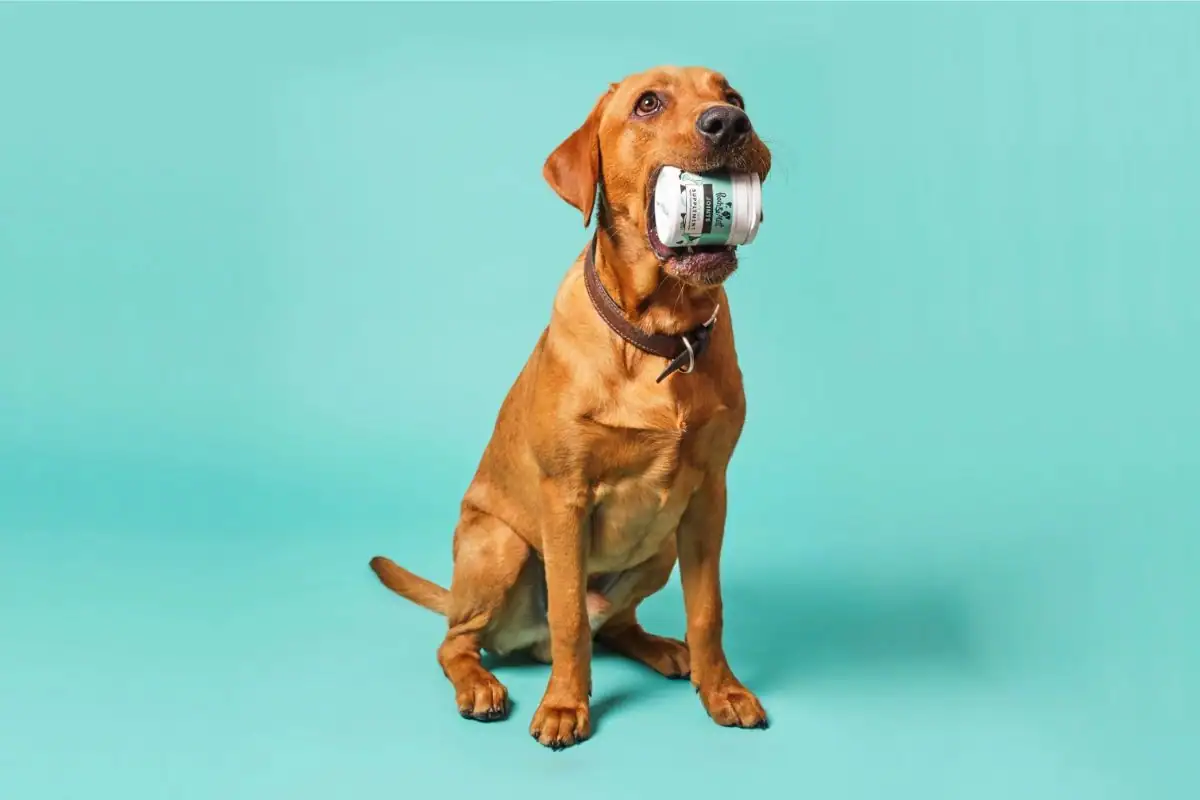
Advertisement
Make Poop Unappealing
If your dog doesn’t mind the taste of poop, try making it less appealing. Adding substances like hot sauce or other safe, disagreeable-tasting ingredients to the poop can teach your dog to avoid it. Over time, they’ll associate the bad taste with the behavior and be less inclined to eat it.
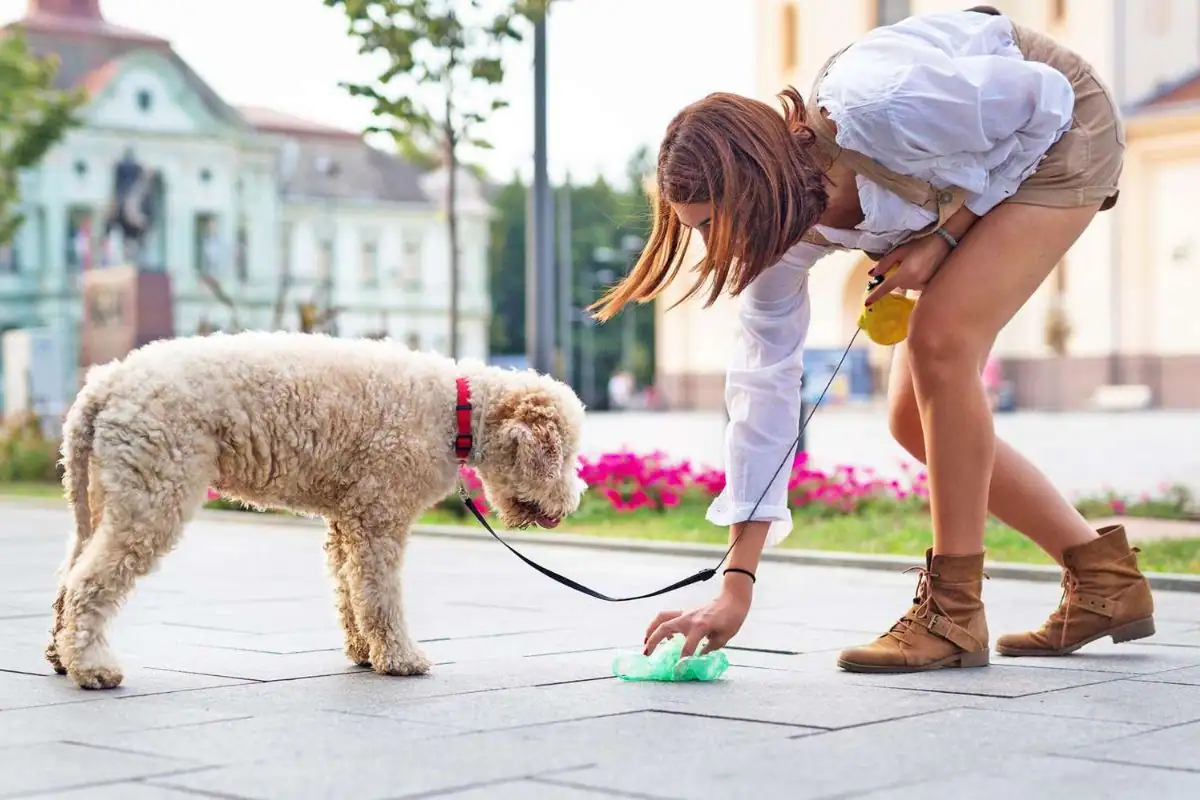
Advertisement
Leash Training for Control
Another way to manage your dog’s behavior is by keeping them on a leash when they go outside. After they poop, gently guide them away from the spot and secure them while you clean up. This prevents them from sneaking back to the pile before you can remove it. Once the area is clean, you can let them roam freely again.
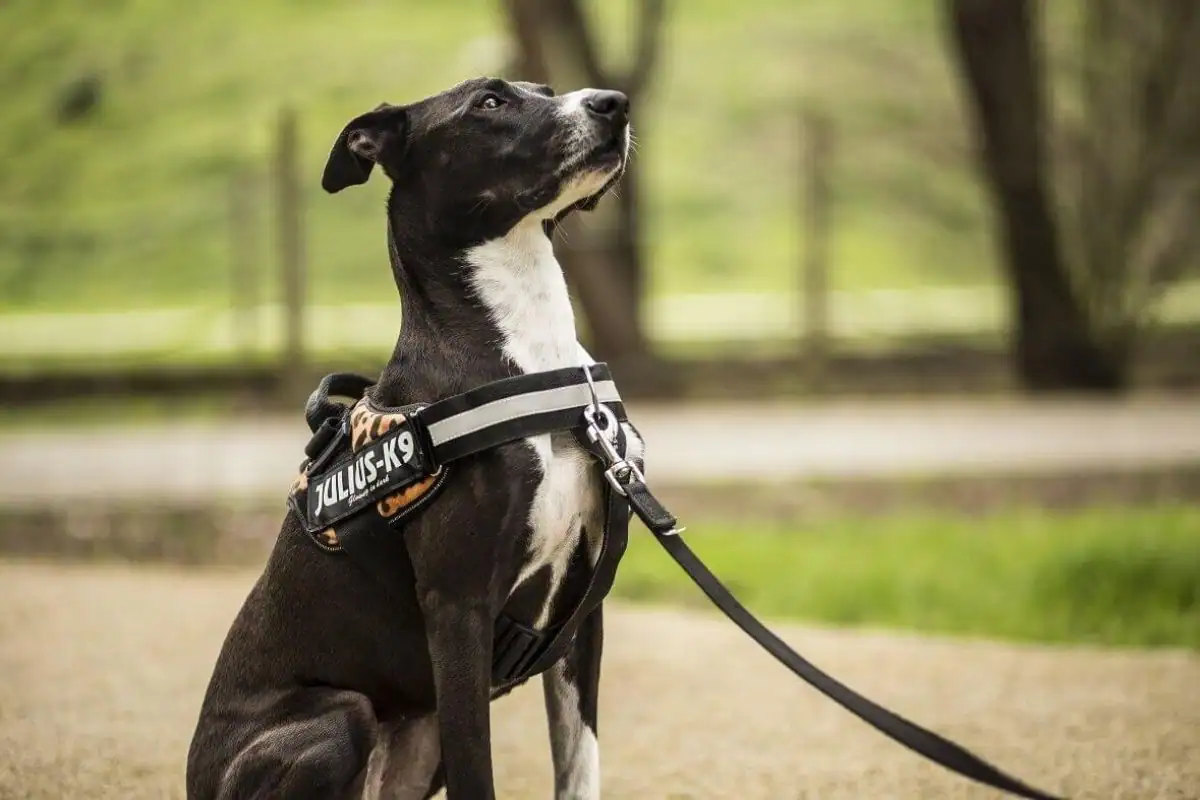
.png)




